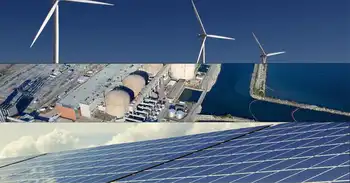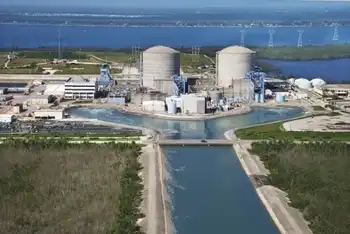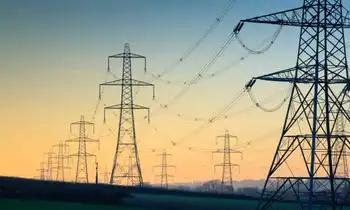North Carolina ranks low for energy efficiency
WASHINGTON, D.C. - North Carolina ranks low on a list of energy-efficient states put out by an advocacy organization.
The state is 29th on the list, released by the American Council for an Energy-Efficient Economy. Washington, D.C.-based ACEEE says it advances the cause of energy efficiency “as a means of promoting economic prosperity, energy security and environmental protection.”
States were ranked on eight metrics, including their public policies on energy conservation, their building codes, and transportation policies such as emissions standards, transit funding and tax incentives for hybrid vehicles.
North Carolina didnÂ’t rank highly in any of the metrics, though the state did get some credit for strict building codes and for a law enacted in 2007 that requires utilities to get a percentage of their power from renewable sources beginning in 2012. The 2007 law isnÂ’t aggressive enough on actually saving energy versus merely getting energy from alternative sources, the ACEEE report says.
The state also ranked low for its spending on efficiency programs, which ACEEE says represented less than 0.1 percent of utility revenue in 2006. The electricity saved through efficiency programs represented less than 0.01 percent of total electricity sales in the state in 2006, the report says.
Since 2006, however, both Progress Energy of Raleigh and Duke Energy of Charlotte have proposed major energy-efficiency programs. Opinions are mixed on the plans, with the utilities calling them stringent and environmental and consumer groups opposing the plans as weak and ineffective.
California was the top-ranked state in the ACEEE survey, followed by Oregon, Connecticut, Vermont and New York.
Related News

Ontario's electric debacle: Liberal leadership candidates on how they'd fix power
TORONTO - When Kathleen Wynne’s Liberals went down to defeat at the hands of Doug Ford and the Progressive Conservatives, Ontario electricity had a lot to do with it. That was in 2018. Now, two years later, Ford’s government has electricity issues of its own.
Electricity is politically fraught in Ontario. It’s among the most expensive in Canada. And it has been mismanaged at least as far back as nuclear energy cost overruns starting in the 1980s.
From the start Wynne’s government was tainted by the gas plant scandal of her predecessor Dalton McGuinty and then she created her own with the…




